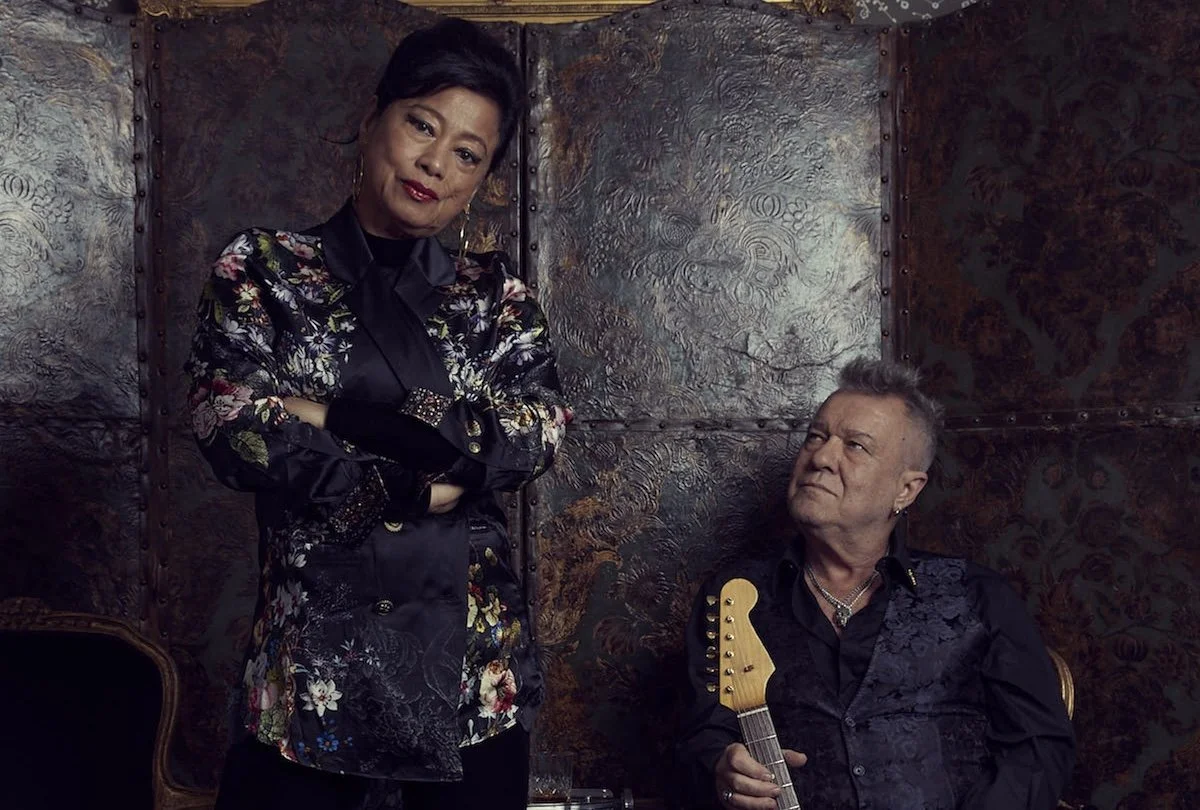HALF OF AUSSIE MUSOS EARN LESS THAN $6,000 PER YEAR ACCORDING TO A NEW STUDY
The survey conducted by the Media, Entertainment and Arts Alliance (MEAA) found local artists are doing it tough.
Image by Rahul Kukreja
If trying to make a living as a musician wasn’t already hard enough, a new report by Musicians Australia – an initiative of the Media, Entertainment and Arts Alliance (MEAA) – has revealed that half of Australian musos earned just $6,000 last year. In news that’s unfortunately not all that surprising, that equates to a mere 15% of the national minimum wage. Yikes!
Over 550 artists were surveyed, with the results finding that 49% made less than $5,999 in 2023, with a staggering 64% earning $14,999 or less during that same period. The lack of decent pay is forcing many musicians to find day jobs, with two-thirds having no other option than to take work outside of the music industry. That’s why you’ll often see your favourite muso slinging beers at your local or waiting tables.
In a detailed breakdown, the report found that 40% of musicians are working two to three jobs to earn a living, while 42% of musicians report playing unpaid gigs. Another worrying statistic is that 82% of musicians do not receive superannuation for gigs. When it comes to how much musos make, 60% claim to be paid less than $250 per gig. This is despite 39% spending up to 20 hours a week rehearsing or preparing for a gig.
Other notable takeaways from the survey include the mental health of musicians being impacted by poor work conditions and lack of security at venues, with 62% claiming to have been bullied, discriminated or harassed in the workplace.
A massive 86% of those surveyed believe musicians are being unfairly treated by the music industry, something award-winning folk musician Kimberley Wheeler agrees with.
Wheeler, who is the Federal President of MEAA Musicians, understands how tough it is out there. “Once I would have derived half my earnings from music but rising living costs and a drop in performance fees has forced me to pivot to other work outside of music,” Wheeler says.
“It’s a trade-off I wish I didn’t have to make but it’s now harder than ever to make a decent living as a working musician.”
Wheeler also mentions how the majority of people don’t recognise people in the music industry as having ‘real’ jobs, with many unwilling to negotiate when it comes to payment or operation models.
So what is being done about all this?
Musicians Australia launched its minimum fee campaign two years ago, asking state governments to endorse a minimum fee of $250 for any publicly funded gig. While it might seem like a token gesture, $250 is much better than a free beer many bands are offered. So far six state and territory governments have gotten on board with this initiative, with Tasmania the only state yet to get involved.
MEAA Campaigns Director Paul Davies is adamant things must change if we want a thriving Australian music community. “This confirms that musicians are the face of Australia’s insecure work crisis,” he says in reply to the report.
“The majority of musicians work multiple jobs and make sacrifices to pursue their music careers, having to fund their projects and artistic development, and that’s on top of supporting themselves and their families.”
A government inquiry into the hardships musicians face and how the Australian music industry can be improved to help artists has been announced by Arts Minister Tony Burke, giving Davies and musicians hope. “The announcement of an inquiry, which comes in the wake of venues closing and cancellations of some of Australia’s most established and successful music festivals, is timely,” Mr Davies said.
“A sustainable music industry must support musicians as well as good music businesses.
While any trust in the government doing the right thing by the arts community is paper thin, we have to have faith that the powers that be will do all they can to make choosing a career as a musician a successful endeavour. Outside of handing your favourite local band cold hard cash, show your support by attending gigs, buying artists’ merch and purchasing physical releases of albums. Every little bit counts.
Read the MEAA statement and full report here.




